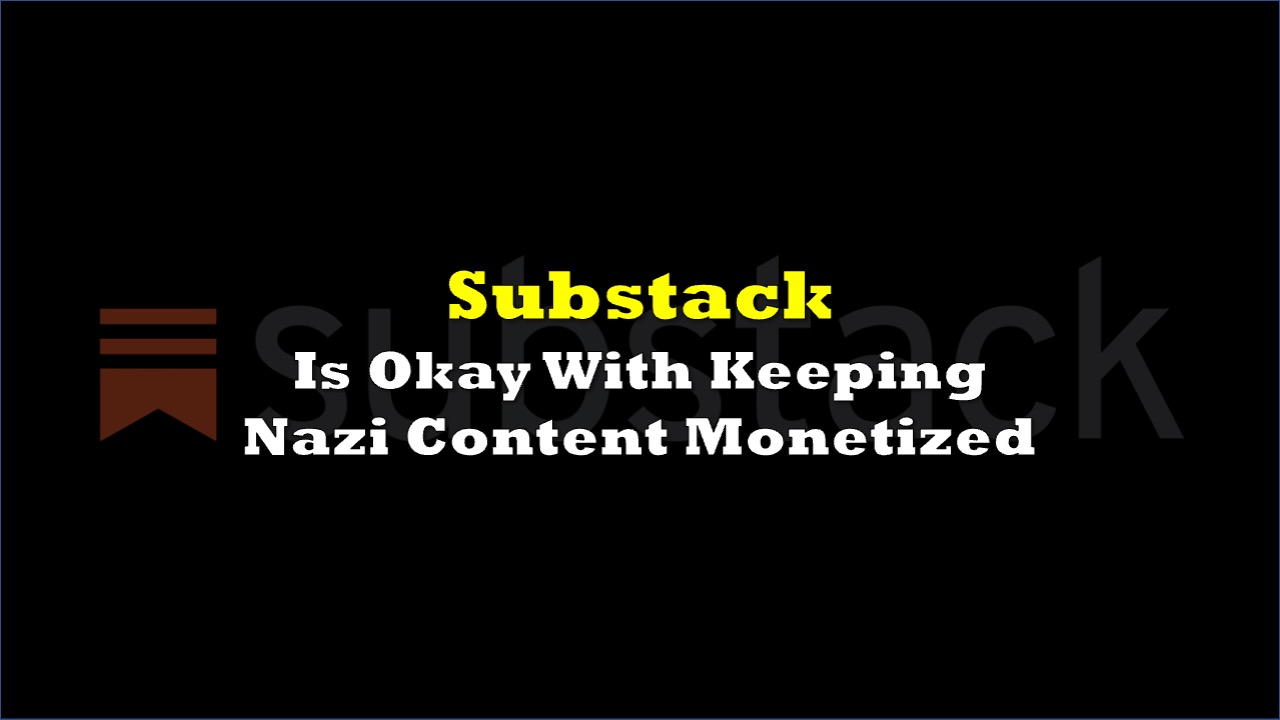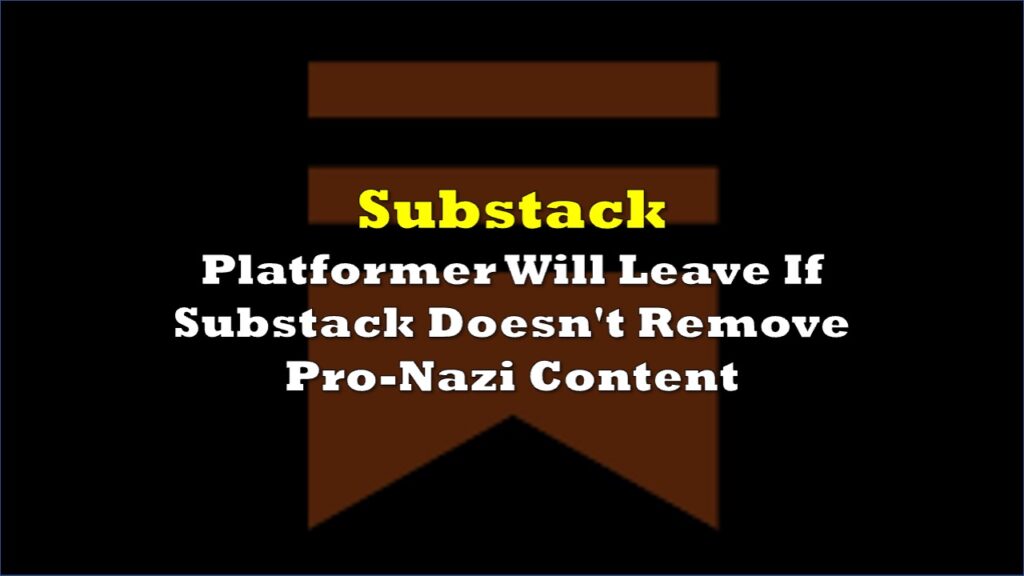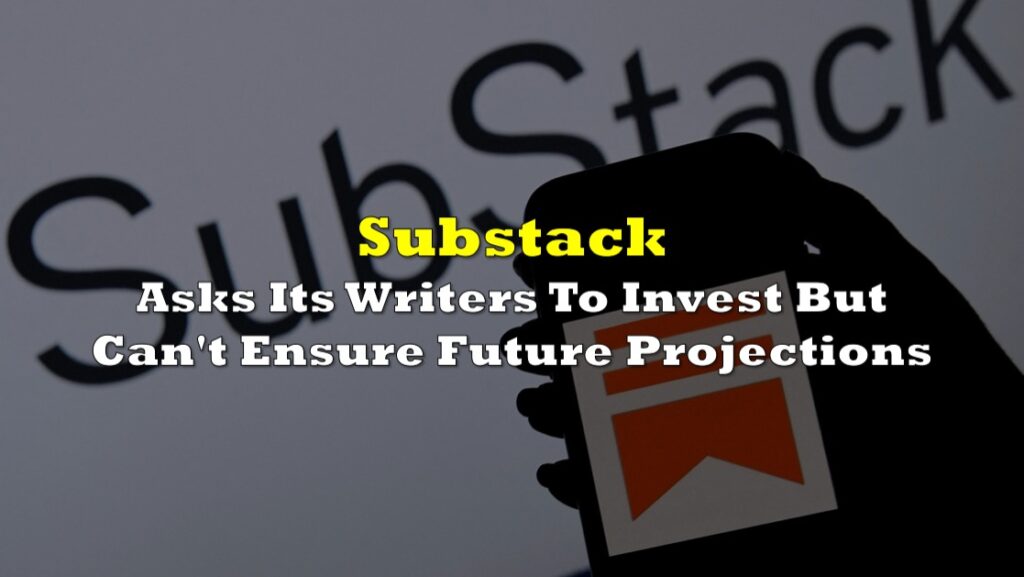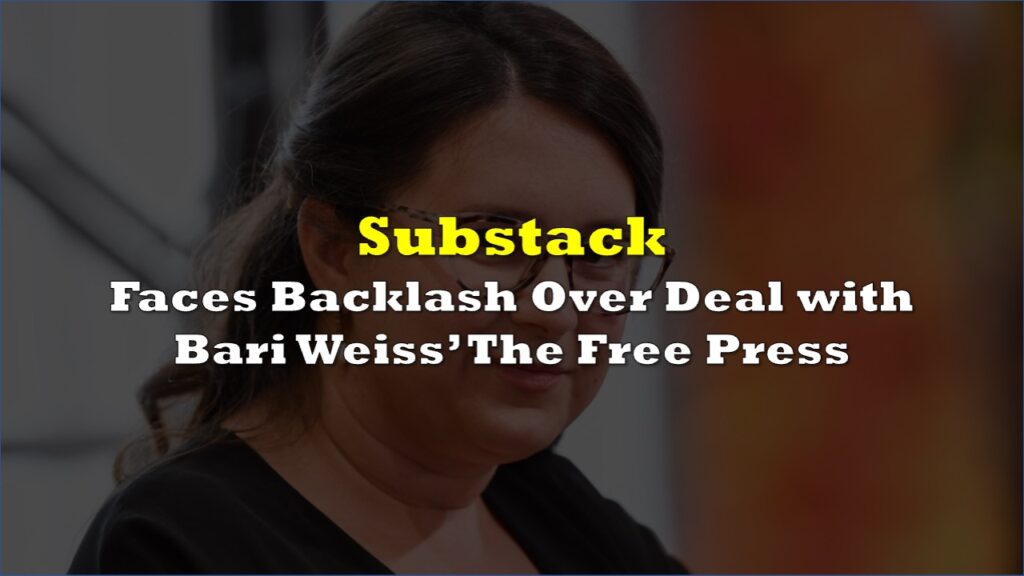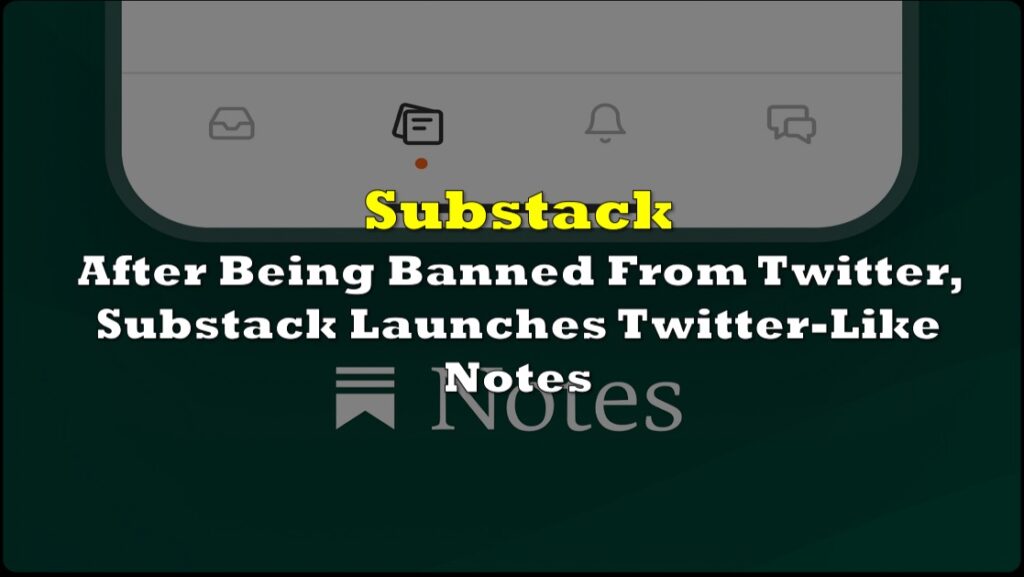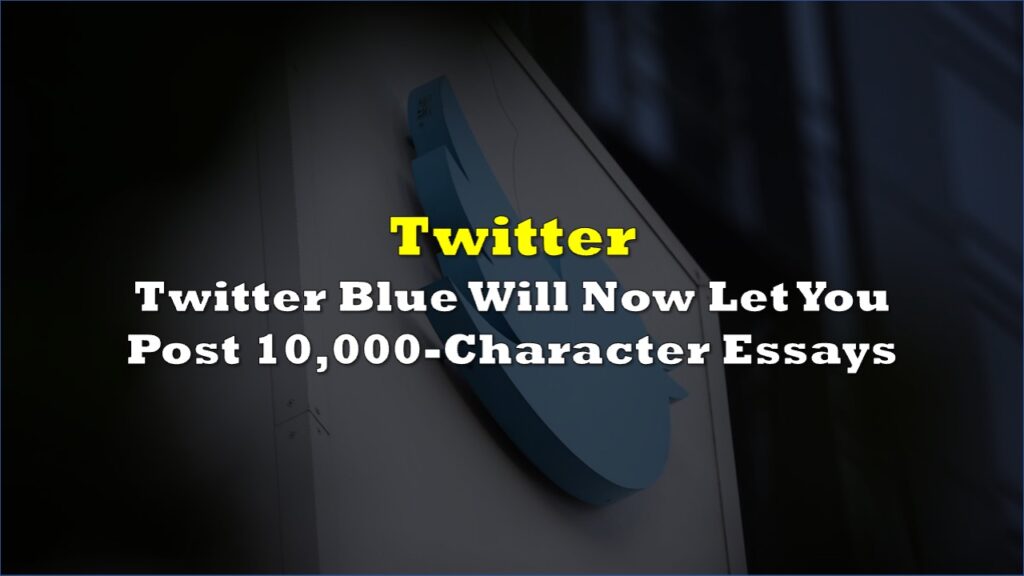Over 200 Substack authors are demanding to know why the newsletter hosting site’s founders are continuing to platform and monetize Nazis following a report from The Atlantic which revealed that “Substack has not only been hosting writers who post overtly Nazi rhetoric on the platform; it profits from many of them.”
But the platform, through co-founder Hamish McKenzie who published a response to the letter, is standing by what it’s doing, regardless of the ethical implications especially in this highly divisive climate, instead claiming that they “don’t think that censorship (including through demonetizing publications) makes the problem go away—in fact, it makes it worse.”
Their rhetoric sounds all too familiar, and one could say that the attempt to make it sound like it’s all for the greater good is almost insidious.
“We believe that supporting individual rights and civil liberties while subjecting ideas to open discourse is the best way to strip bad ideas of their power. We are committed to upholding and protecting freedom of expression, even when it hurts,” McKenzie adds.
This isn’t the first time that the platform’s founders have defended their stance on moderation, or the lack, or selectiveness, thereof. They have always emphasized that they “don’t like or condone bigotry in any form,” but Chris Best, the company’s CEO, refused to answer questions about moderation on the Decoder podcast in April, instead saying “No, I’m not going to engage in speculation or specific ‘would you allow this or that’ content,” when asked whether they should allow overt racism on Substack Notes.
In his note, McKenzie maintains this stance, minimizing the issue as “criticism that Substack is promoting these fringe voices.” “Fringe voices” like Richard Hanania, who he does mention, writing “I didn’t know of those past writings at the time, and Hanania went on to disavow those views. While it has been uncomfortable and I probably would have done things differently with all the information in front of me, I ultimately don’t regret having him on the podcast. I think it’s important to engage with and understand a range of views even if—especially if—you disagree with them.”

As The Atlantic notes, Hanania “described Black people as ‘animals’ who should be subject to ‘more policing, incarceration, and surveillance’” just a month before appearing on McKenzie’s podcast.
McKenzie also avoids addressing what the Substackers Against Nazis say is a selective approach to moderation. They wrote in their letter:
“In the past you have defended your decision to platform bigotry by saying you ‘make decisions based on principles not PR’ and ‘will stick to our hands-off approach to content moderation.’ But there’s a difference between a hands-off approach and putting your thumb on the scale. We know you moderate some content, including spam sites and newsletters written by sex workers. Why do you choose to promote and allow the monetization of sites that traffic in white nationalism?”
Instead, McKenzie quotes Substacker Elle Griffin who wrote “We are still trying to figure out the best way to handle extremism on the internet. But of all the ways we’ve tried so far, Substack is working the best.”
Information for this story was found via the sources and companies mentioned. The author has no securities or affiliations related to the organizations discussed. Not a recommendation to buy or sell. Always do additional research and consult a professional before purchasing a security. The author holds no licenses.

